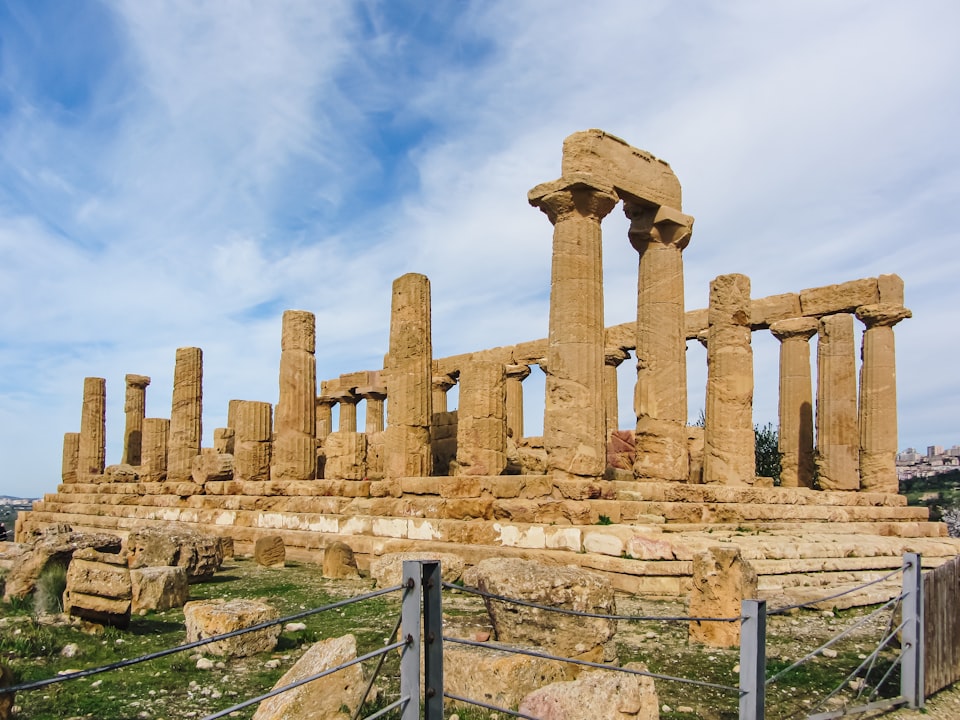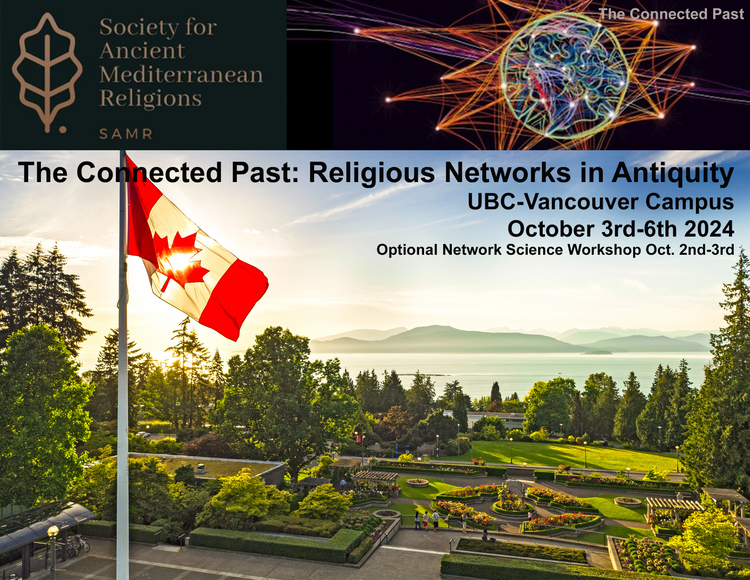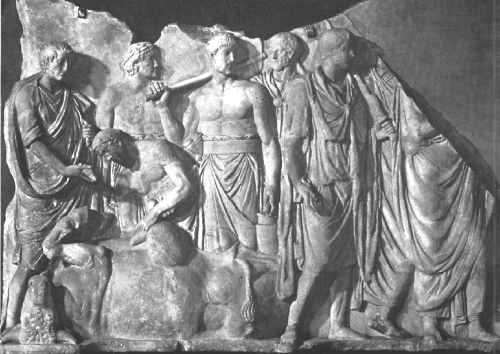AIA/SCS 2024 (Chicago) Joint Session: Gods on the Rocks (CFP)

AIA/SCS Joint Session 2024
Gods on the rocks: epigraphy, epigrams, and the reconstruction of the Greek and Roman religious experience
Appeals to the divine, written on stone or in the literary genre that mimics that form, cast down a uniquely productive gauntlet for the investigation of religion on the ground in the ancient Mediterranean experience. Material surfaces, the spaces of display, memory and anticipation, both real and imagined, figure in both, along with questions of the relationship between the author, the readers, and the divine, and the dialogic and performative moments imagined behind such texts. Ritual settings range from votive practice to burial, heroization, the recognition of priests, and the enforcement of sacred laws which define ritual space. They raise questions concerning efficacy and re-performance, the relationship to landscape, gender and stages of life, the semantics of materiality, and the boundaries of purity and pollution. New frontiers in emotion and affect in epigraphy have reshaped the use of such documents for the reconstruction of ancient ritual, a complement to the unique access to institutional structures and local history which such materials provide. Finally, epigraphy and epigram has long been valued for its access to individual voices and individual agency, however fictive. This panel invites papers from scholars working in archaeology, epigraphy, history, and philology to explore the potential and the caveats for reconstructing lived religion from the triangulation of affect, materiality, and the imagination of the divine. Questions may include the potential displacement between initial dedication and subsequent readership, the balance between fictive voices and ongoing conceptions and institutions, the engagement of space in the analysis of ritual expectation, the impact of the dialogue, both with other poetic forms and between the voices of the stone and the audiences passing by.
Abstracts should be submitted as .doc or .docx files to the form below. Please follow the AIA Style Guidelines for Authors. Abstracts should be no more than 300 words. All abstracts will undergo blind review; abstracts should contain a title and a word count, but should not have any information regarding the identity of the submitter. All abstracts for papers will be reviewed anonymously.
The deadline for submission of abstracts is March 1, 2023. To submit an abstract, you must be a current member of SAMR. Decisions will be communicated to prospective speakers by March 20, 2023. Please direct all queries to SAMR at samrprograms@gmail.com.
References:
Chaniotis, Angelos. 2012. Unveiling Emotions: Sources and Methods for the Study of Emotions in the Greek World. Franz Steiner
Chaniotis, Angelos, and Pierre Ducrey. 2014. Unveiling Emotions II. Emotions in Greece and Rome: Texts, Images, Material Culture. Franz Steiner.
Chaniotis, Angelos. 2021 Unveiling emotions III: arousal, display, and performance of emotions in the Greek World. Franz Steiner.
Day, Joseph . 2021. Archaic Greek Epigram and Dedication: Representation and Reperformance. Cambridge.
González González, Marta. 2019. Funerary Epigrams of Ancient Greece: Reflections oLiterature, Society and Religion. Bloomsbury.
Petrovic, Andrej and Ivana Petrovic. 2016. Inner Purity and Pollution in Greek Religion. Volume I. Early Greek Religion. Oxford.
Petrovic, Andrej, Ivana Petrovic, and Edmund Thomas. 2019. The Materiality of Text: Placements, Presences and Perceptions of Inscribed Texts in Classical Antiquity. Brill.
Sanders, E. and M. Johncock. 2016. Emotion and Persuasion in Classical Antiquity. Franz Steiner.
Santin, Eleonora and Laurence Foschia. 2016. L’ Épigramme dans tous ses états: épigraphiques, littéraires, historiques. Open Edition.
* * *
This call for papers has expired.



